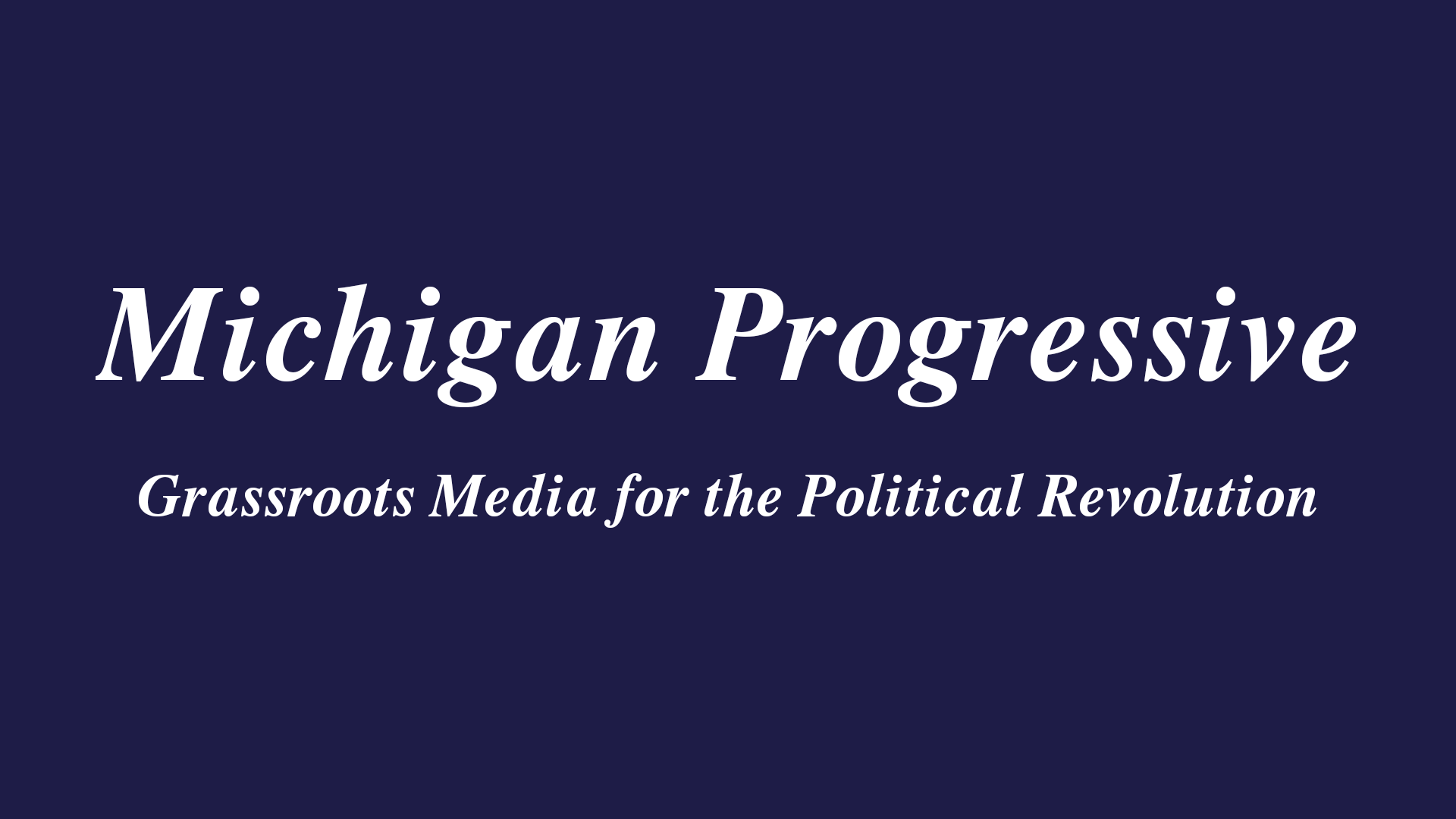“Encompassing highly skilled teams, our mortgage foreclosure department prides itself on efficiency and a passionate commitment to accuracy.”
That’s how Trott Law describes its most lucrative revenue stream, the one that made Dave Trott the richest member of the 2014 Congressional freshman class. He cashed out of Trott Law to the tune of $73.5 million, which means that he personally made more than $900 for each of the 80,000 Michiganders that his firm helped to throw out of their homes.
With that much money in the bank, Trott took the next natural step: spending $3 million on a run for Congress, in the 11th district that had been gerrymandered solidly to be as easy as possible for a Republican to win, But he didn’t run because of a deep and abiding love of public service. He did it because his livelihood was being threatened by the financial reforms enacted after the Great Recession. Those reforms were too late to help the tens of thousands that Trott’s firm had already foreclosed on, but they would doubtless eventually take money out of Trott’s already-full pockets.
Trott’s latest moneymaking scheme is the CHOICE Act, which stands for Creating Hope and Opportunity for Individuals and Communities through Education. Trott says “The CHOICE Act ends too-big-to-fail, ends bank bailouts, and imposes the toughest penalties in history for financial fraud, finally holding Wall Street accountable for its own risks and keeping those mistakes from being paid for on the backs of hardworking Americans.” That sounds practically progressive. What he is leaving out, though, is that the Act would also cripple the Consumer Financial Protection Bureau (CFPB), including eliminating its mandate to supervise banks with more than $10 billion in assets. That seems a far cry from ending too-big-to-fail.
It wouldn’t just help out the big banks, either. It would take away the CFPB’s authority over payday lending services and predatory debt collection, which Trott calls “a vital part of the economy”. It’s certainly a vital part of Trott’s personal economy — payday lending at huge interest rates and aggressive collection of those debts contribute directly to the financial troubles of families that eventually fall behind on their mortgages. Of course, those are the people Trott Law makes millions on, by throwing them out on the street.
Another feature of the financial safety net that the CHOICE Act would repeal is what’s known as the Durbin Amendment. That was a small piece of the 2010 Dodd-Frank Act that restored significant regulation and consumer protection to the financial industry. Senator Dick Durbin of Illinois added the amendment, and it’s pretty simple — debit card companies can only charge merchants a fee per transaction that is “reasonable and proportional to the actual cost”. That amendment has saved consumers $30 billion and leveled the playing field for small businesses by making it easier for them to take debit cards.
In its six-year history, the CFPB has returned more than $12 billion to Americans defrauded by financial companies — not fooled or confused, mind you, but straight-up defrauded — which alone is more than four times the CFPB’s budget in that time. But Dave Trott says “We need to rein in the CFPB.” He said that to the ACA International, the lobbying arm of the debt-collection industry.
Maybe he doesn’t mean that he wants the CFPB destroyed, you may think. After all, he’s not a cartoon villain, twisting his mustache as he ties a victim to the railroad tracks. Maybe he’s just a principled conservative who believes in a small government that works as efficiently as possible for the people. You might think that, but the CHOICE Act also changes the CFPB Director from a five-year term that can only end due to “inefficiency, neglect of duty, or malfeasance” to serving at the pleasure of the President, fireable for any reason or none at all. The current Director is a Marshall Scholar who won five games on Jeopardy, but Trott would rather give it to a political hack more concerned with keeping the President happy than defending the rights of consumers.
Trott talks a lot about transparency. That doesn’t really sync with the provision of the CHOICE Act which would eliminate the Public Consumer Complaint database. You have to ask yourself why someone would want to get rid of a database of complaints. Surely that must be an acceptable free-market solution, right? It’s what Trott and his ilk always tell us will happen — companies that mistreat customers will be run out of business as consumers react badly to that mistreatment. So why would the CHOICE Act take away the central repository for customers to see mistreatment at the hands of predatory lenders, unethical debt collectors, and the lawyers who line their pockets on their behalf?
The answer to that question is obvious. Just as obvious as why Dave Trott spent $3 million auditioning for a job that pays $174,000 a year — it’s an investment in breaking the protections that were put in place by the recession that made him a multi-millionaire. He’s spent two terms trying to roll us back to that time when he could make $900 for every family he throws out of their home.

